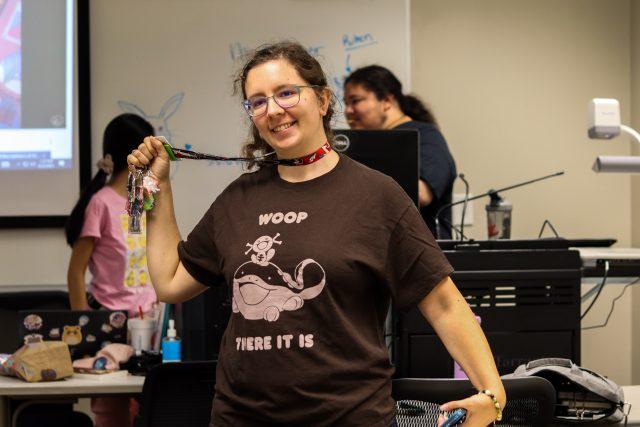From “Barbie” to “The Little Mermaid,” this summer has offered traditionally feminine entertainment that sparked a conversation into what women should want: to lead or to love.
This is a trick question, because it forces women into thinking they can only choose one when this is definitely not the case. Society teaches that women aren’t multifaceted enough to want both things, thus constraining them.
On the one hand, a woman can be like “Mulan,” a warrior. On the other hand, a woman can be like “Snow White” – dainty, kind and loving. But because this is what traditional feminists think they should veer away from, it is not received as well.
Critics can have the best interests at heart but go so far off the point of feminism they forget the true meaning of it. Being physically strong, brave and grounded in oneself is a beautiful thing but so is being able to love, be vulnerable and feel.
Being “saved by the prince,” on a surface level at least, translates to depending on a man, which again, most traditional feminists are trying to get away from because of how that turned out in the past in hetero relationships. From emotional to physical violence, hyper-dependence and confinement, relying on a man constricted women’s ability to manage their freedom, but this is old news.
The character gets saved by the prince, and in real life, it translates to relying on a man. In a series of interviews, Rachel Zegler, the new Snow White in the 2024 live action movie, emphasizes the fact that this time around her character “won’t be saved by the prince.”
But what Zegler didn’t realize was that she was pushing demands of patriarchal standards. It demands for women to be exactly this or exactly that. At first, it was Cinderella-like and now it’s Mulan-like. Either way it prevents women from truly living.
In society’s eyes a leader can’t be vulnerable, but women are given more slack for it due to being “more emotional.” This is why misogynists think women can’t be leaders. It’s a stereotype that needs to be constantly challenged.
Take Rapunzel, who escaped the wrath of the witch who raised her and was brave enough to go into a world she didn’t know. However, she still had the happily ever after with Flynn. If a balance on screen is possible, then why can’t it be possible in real life too?
Not all women want to be leaders. Some want to be homemakers and housewives. Women don’t need to be strong and leader-like to be a “girlboss.”
What some fail to understand is that the screen and reality are not always intertwined. Women can be hopeless romantics and dream of being “saved” while also knowing the realities of how they are treated by the opposite sex. It all boils down to allowing women to live. Loving and leading are not polar opposites, nor are they mutually exclusive.
Undermining what love should be, whether in theater or reality, doesn’t do women any good either. While the stereotypical definition of being “saved” can be daunting, healthy forms of love exist. Those where both partners, in a sense, save each other from any or all societal pressures and simply love one another. Because norms hurt women just as they hurt men as well.
Women are multifaceted. Wanting one and not the other is fine. Wanting both is fine. But women deserve to exist outside of the confined lines of societal pressure, Disney princess or not. Being a girlboss is a woman doing what she wants.
Rest assured, there is more than one way to be a “girlboss,” and there is more than one way to exist as a woman.











































